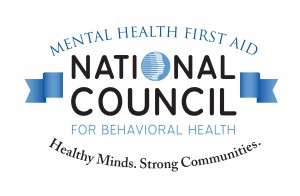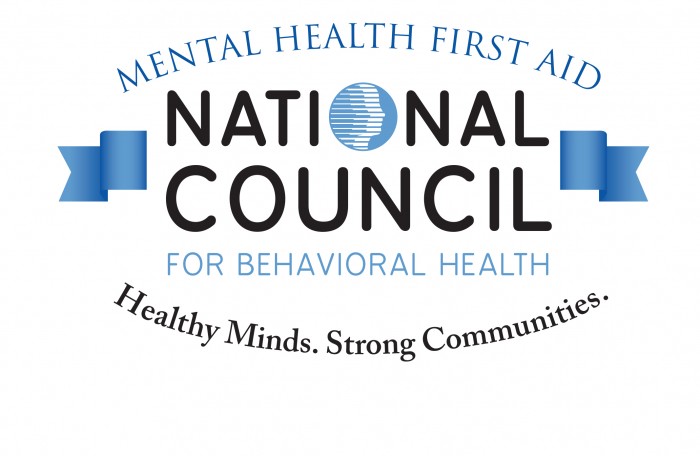Jack Phillips
Wolf Administration Grants Hazard Pay to Front-Line Workers in Life-Sustaining Industries
Help Your Peers Keep Their Doors Open
From the National Council:
It has been several months since the arrival of COVID-19, but the challenges it imposes on the behavioral health care community remain. We are working to change that.
To advance our efforts, we are seeking to better understand the impacts of COVID-19 on your facility. The more we know, the more we can advocate for you and others.
- How has the pandemic impacted your service delivery?
- What is COVID-19 doing to your workforce and employment?
- How has it affected your revenue and stimulus funding?
Your feedback will help us illustrate the economic effects of the pandemic, paint a broader picture of the behavioral health care landscape, and fuel our fight for increased financial support on Capitol Hill.
Please fill out our short survey by Monday, August 31. A few minutes of your time can go a long way toward keeping other providers’ doors open. Questions? Contact us!
Senators Casey and Toomey Circulate Letter to PA Delegation Regarding Provider Relief Fund
On Friday, August 14, Senators Casey (D) and Toomey (R) circulated a letter to the Pennsylvania Congressional delegation — signed by almost every member of the delegation. The letter requests that the Department of Health and Human Services (HHS) allow providers that have been impacted by COVID-19, and have not received targeted distributions from the Federal government through the CARES Act, to directly apply for funding from the Provider Relief Fund. The letter also outlines previous issues providers were facing when applying for and receiving allocations of these federal funds.
DOH Requesting Applications for Providers to Supply Services for Pennsylvania WIC Program
National Council Trauma and Recovery-Oriented Toolkit
Flexibility and Collaboration are More Important Than Ever – Access our Trauma and Recovery-Oriented Toolkit
The opioid crisis has affected families across the nation. Approximately 10.3 million people live with an opioid use disorder and there were more than 46,000 opioid-related overdose deaths in 2018. We know that trauma is a significant driver of substance use disorders and scores on the Adverse Childhood Experience index are highly correlated with substance use disorders later in life.
How can you create sustainable system-wide change that addresses trauma and fosters recovery for those you serve?
The Trauma-informed, Recovery-oriented System of Care Toolkit, supported by the Indiana Family and Social Service Administration and piloted in 14 Indiana counties, is a field-informed toolkit developed by the National Council’s foremost experts in shaping recovery-oriented and trauma-informed approaches. It gives actionable guidance to create a framework to implement trauma-informed and recovery focused initiatives, along with scripts, tools, concrete strategies, and recommendations for your community.
You’ll gain the tools and practical examples to:
- Develop and implement trauma-informed frameworks for organizing substance use services within your community, such as identifying and responding to patients with trauma and substance use challenges.
- Create a framework that involves assessing organizational readiness of medication-assisted treatment and practices.
- Address individual and environmental risk factors for substance use through evidence-based programs and strategies.
View our informational webinar on combating the opioid crisis through a trauma-informed, recovery-oriented system of care (TI-ROSC). Sparked your interest? Read our blog post on why the TI-ROSC model may provide a useful framework for improving service delivery and care.
Questions? Contact Sarah Flinspach.
DHS Reminds Pennsylvanians that No One is Alone, Help is Available
DHS Secretary to People Needing Background Checks: Stay Up to Date w/Clearances
Provider Relief Fund Webinar Thursday, August 13
Tomorrow, Thursday, August 13 at 3:00 pm there will be a Provider Relief Fund Webinar. If you are interested in learning more about this program, please register here.
Additional Funding Opportunity for COVID-impacted Health Care Providers
FINANCIAL SUPPORT FOR MILLIONS OF HEALTH CARE PROVIDERS NATIONWIDE
Up to 2% of patient revenue regardless of a previous disbursement.
Many health care providers are experiencing significant financial hardships in the COVID-19 pandemic. Congress provided $175 billion in relief funds to the U.S. Department of Health and Human Services (HHS) to deliver financial relief to hospitals and other health care providers, including those on the front lines of the coronavirus response. Since March, HHS, through the Health Resources and Services Administration (HRSA), has been distributing the funds to various providers in phases to support their increased healthcare-related expenses or lost revenue that are attributable to COVID-19; and to reimburse claims for the testing and treatment of uninsured individuals diagnosed with COVID-19.
The latest phase of funding is now available through August 28, 2020. Visit this web page to learn more and get started with the application.
Who is eligible to apply?
- Providers who bill Medicare, Medicaid, Medicaid managed care, or CHIP
- Dental providers who accept insurance, as well as bill patients directly
- First-time or previous applicants may apply as long as they haven’t already received 2% of their patient revenue
How to apply?
- Follow the 6-Step Application Process
- Provider Relief Fund Application and Attestation Portal
- If you encounter challenges with the application, call the Provider Support Line at 866-569-3522; for TTY, dial 711

















